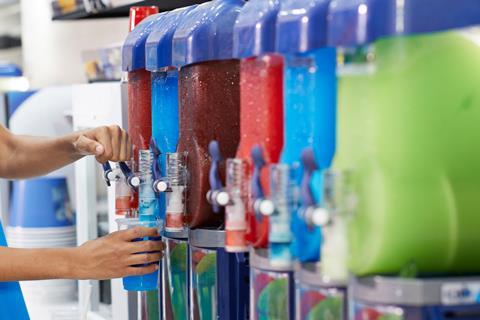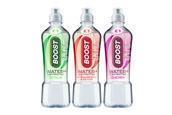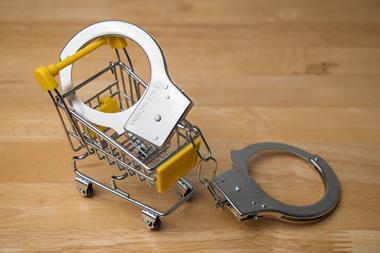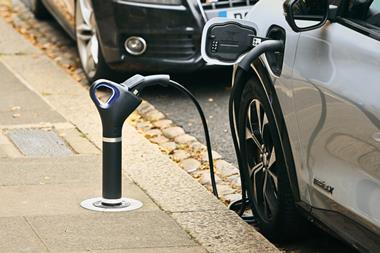
Children under the age of eight should not be allowed to drink slushy drinks, the British Medical Journal has warned, following multiple cases of youngsters becoming unwell shortly after consuming the iced beverages.
Medics are concerned that high levels of glycerol – a chemical compound used as an artificial sweetener and to prevent melting of the crushed-ice drinks – can bring about what they term ‘glycerol intoxication syndrome’; this is a collection of symptoms that include reduced consciousness, hypoglycaemia (a sudden and pronounced drop in blood sugar), and a build-up of acid in the blood.
Doctors studied 21 children who presented with at least one of these symptoms after consuming slushies, and have concluded that glycerol, also known as glycerin, may be behind their conditions. The BMJ warns these incidents may “indicate poisoning”, with the conditions mimicking metabolic disease
In most instances symptoms emerged within an hour of the children consuming the drinks. All of the young people studied became “acutely unwell” after drinking slushies between 2018 and 2024 save one, who presented with symptoms in 2009. And while 20 of the children followed medical advice and subsequently prevented from consuming slushies by their parents, one child went on to suffer another attack of symptoms after drinking one.
Additional taxes on high-sugar drinks are thought to be one reason for the the increased levels of glycerol in slushies, which are sold in many UK forecourts. The UK Food Standards agency has previously advised that children under the age of four should not consume the beverages, and those aged 10 or younger should not consume more than one drink in a sitting.
The BMJ is concerned this may not be enough, though, warning that there is “poor transparency around slush ice drink glycerol concentration”, which means that “estimating a safe dose is therefore not easy”. The BMJ adds that “speed and dose of ingestion”, as well as whether the drink was consumed with food, when fasting, or after exercise, may all play a role in the drinks’ potential impact on youngsters.
The medics conclude: “Clinicians and parents should be alert to the phenomenon, and public health bodies should ensure clear messaging regarding the fact that younger children, specially those under 8 years of age, should avoid slush ice drinks containing glycerol.”































